STEM
June 1, 2014
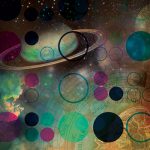
Planetary bonanza
University of Washington astronomer Eric Agol played a key role in the discovery of 715 new exoplanets announced by NASA Feb. 26. Agol was on a team that found seven of those worlds, all in orbit around the same star, Kepler-90.
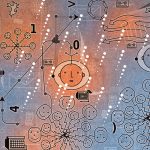
Robot observers
This fall the UW will complete installation of a massive digital ocean observatory. Dozens of instruments will connect to power and Internet cables on the sea floor, but the observatory also includes a new generation of ocean explorers: robots that will zoom up and down through almost two miles of ocean to monitor the water conditions and marine life above.
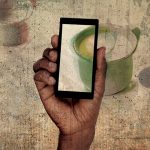
Mobile medicine
A collaboration between UW Computer Science and Engineering and PATH, a Seattle-area non-governmental organization, has led to a simple, ingenious solution to a dilemma facing women in Sub-Saharan Africa who wish to store breast milk. While medical care and safe water are not always available, most Africans today have smartphones.
March 1, 2014

Lake Mars
The mystery of how the surface of Mars, long dead and dry, could have flowed with water billions of years ago may have been solved by research that included a University of Washington astronomer.

Got data. Now what?
At the UW, the best minds are collaborating to ask questions and harness the power of “Big Data” to find answers and seek solutions to advance the common good.
September 1, 2013

Wi-Fi lifestyle
Thanks to gesture-recognition technology developed by University of Washington computer scientists, you may soon be able to brew a pot of coffee, shut off your computer, and turn up the stereo with just a few waves of your hands.
June 1, 2013

Sediment settlement
Salmon are headed upstream in the Elwha River for the first time in more than a century, but sediment—and lots of it—is headed downstream. The sediment is the result of the largest dam removal project ever undertaken.
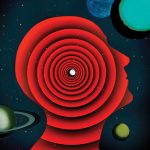
Planet unearthed
Using the Kepler telescope, scientists have been looking for Earth-like planets beyond the solar system since 2009. UW associate professor of astronomy Eric Agol has discovered perhaps the most Earth-like planet yet found outside the solar system.
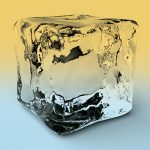
Keeping cool
UW scientists have provided fresh insight into an issue that has vexed civilization since the beginning: how to keep a drink cold on a hot day.
December 1, 2012

Smarter on asthma
Researchers at the UW and Seattle Children’s have developed a smartphone app that gives an accurate reading of lung function.
September 1, 2012

Stat star
Awards and honors aren’t what it’s about for the School of Public Health’s Daniela Witten, assistant professor in the nation’s No. 1 rated Biostatistics Department. She’s in it for the work.
June 1, 2012
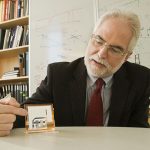
Distance diagnostics
Paul Yager, chair of the UW Bioengineering Department, is principal investigator on two grants totaling up to $26 million that aim to move diagnostic medicine away from standard antibody testing to paper.
March 1, 2012
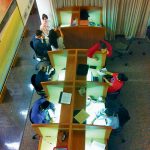
More pressure, less tech
A UW Information School study found that college students—only weeks away from final exams and studying in the library—intentionally pared down their use of information technology devices.
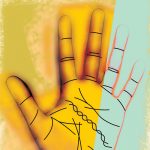
Genome funding
The National Human Genome Research Institute recently announced the establishment of two major programs at UW that will receive about $30 million in funding over four years.
June 1, 2011
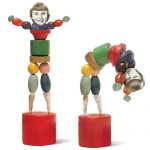
The math barrier
Parental and educational practices aimed at enhancing girls’ self-concepts for math might be beneficial as early as elementary school, when youngsters are beginning to develop ideas about who does math.
March 1, 2011
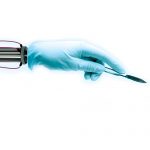
Hacking Kinect
The UW Biorobotics Lab came up with an intriguing idea: adding sensory feedback to see if the Xbox Kinect could be a training method for students learning to perform surgery.
December 1, 2009

Record grant
The University of Washington is slated to receive its largest-ever federal award—$126 million over 5+ years—to connect the ocean to the Internet.
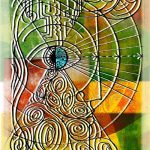
Vision for contacts
Babak Parviz’s vision of the future can be summed up in one word: plastic. A circle of flexible plastic imprinted with tiny electronic circuits, that is.
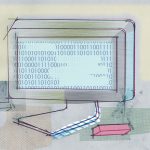
Self-destructing data
“The Internet never forgets.” That’s Tadayoshi Kohno, an assistant professor of computer science and engineering, explaining the inspiration behind a new program called Vanish, which causes data posted online to self-destruct.
September 1, 2009
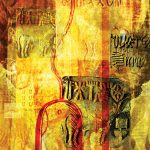
Tablets of mystery
An ancient mystery, a modern-day academic debate, and state-of-the-art computer science—these are the elements of recent research by Rajesh Rao, UW associate professor of computer science and engineering.